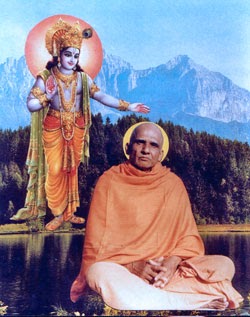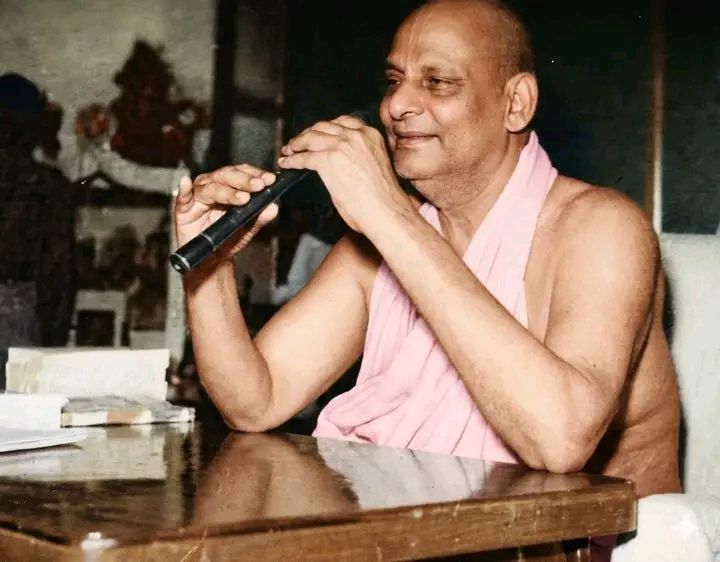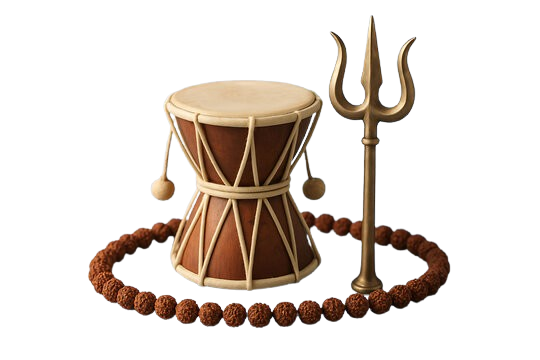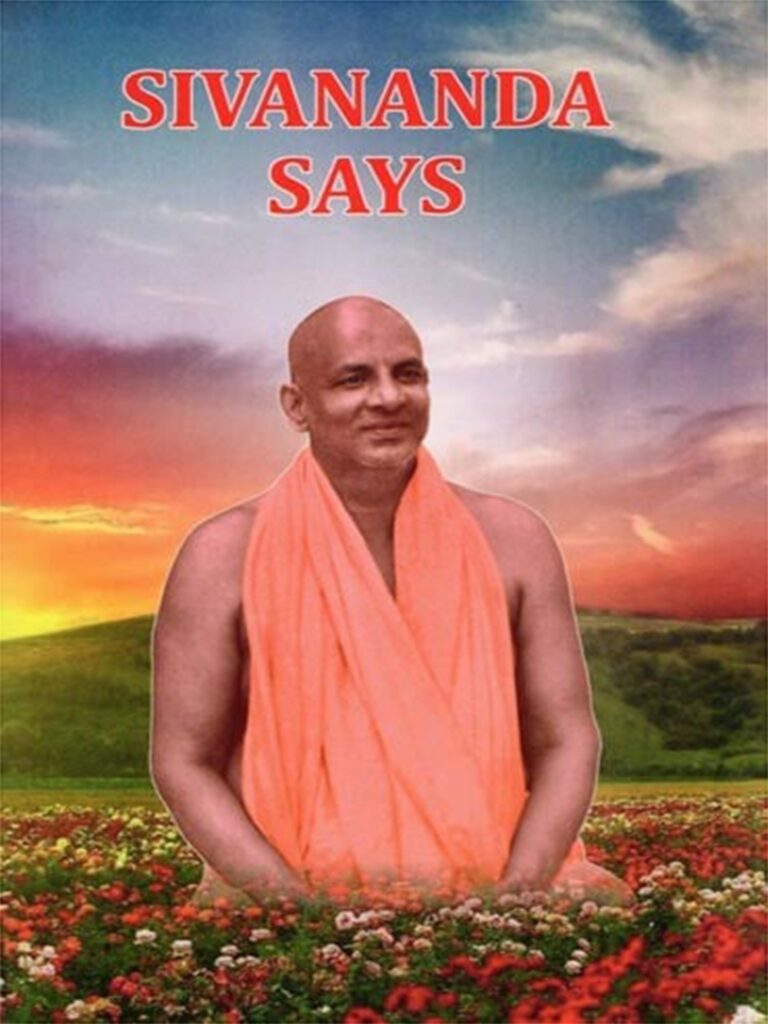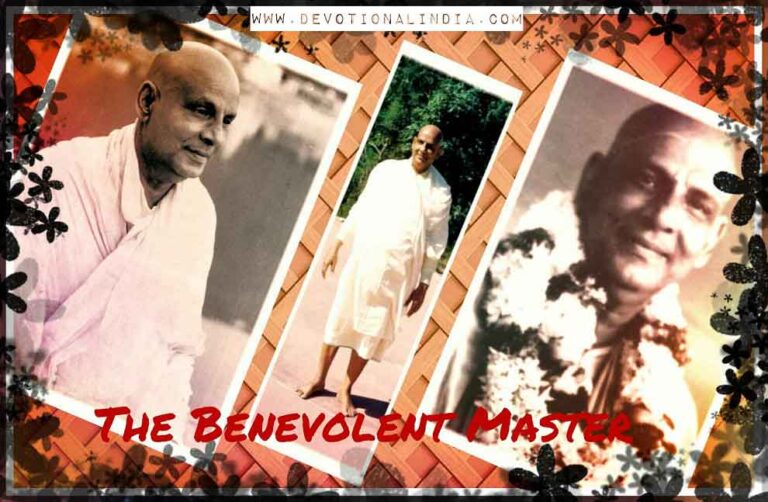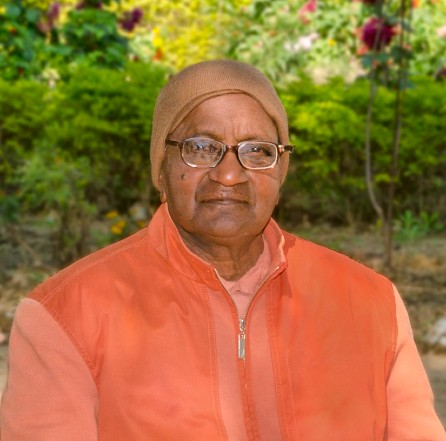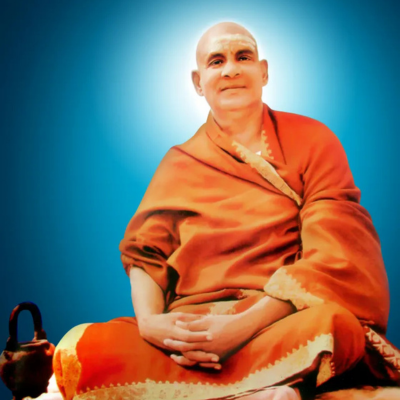Nirjala Ekadashi
Nirjala Ekadashi
Nirjala Ekadashi, one of the most significant and strict fasting days in Hinduism, is observed on the Ekadashi of the Shukla Paksha in the month of Jyeshtha (May–June). Unlike other Ekadashis where devotees may consume fruits, milk, or water, Nirjala Ekadashi is observed with a complete fast without even drinking water, hence the name “nirjala,” meaning “without water.” It is believed that observing this vrat with utmost devotion is equivalent to following all twenty-four Ekadashis of the year, granting immense blessings, forgiveness of sins, and liberation from the cycle of birth and death. Devotees spend the day in prayers, chanting Vishnu Sahasranama, and worshipping Lord Vishnu, as the Ekadashi fast is dedicated to him. Many also engage in charity by offering food, clothes, and water to the poor and needy, which is considered highly meritorious on this day. Despite being one of the most challenging fasts due to the summer heat, Nirjala Ekadashi is embraced with deep faith as a path to spiritual upliftment, divine grace, and ultimate salvation.



Nirjala Ekadashi, observed in the Jyeshtha month, is considered the strictest Ekadashi fast as devotees abstain from both food and water throughout the day. Dedicated to Lord Vishnu, this vrat is believed to grant the combined merit of all twenty-four Ekadashis, ensuring divine blessings, forgiveness of sins, and ultimate salvation.


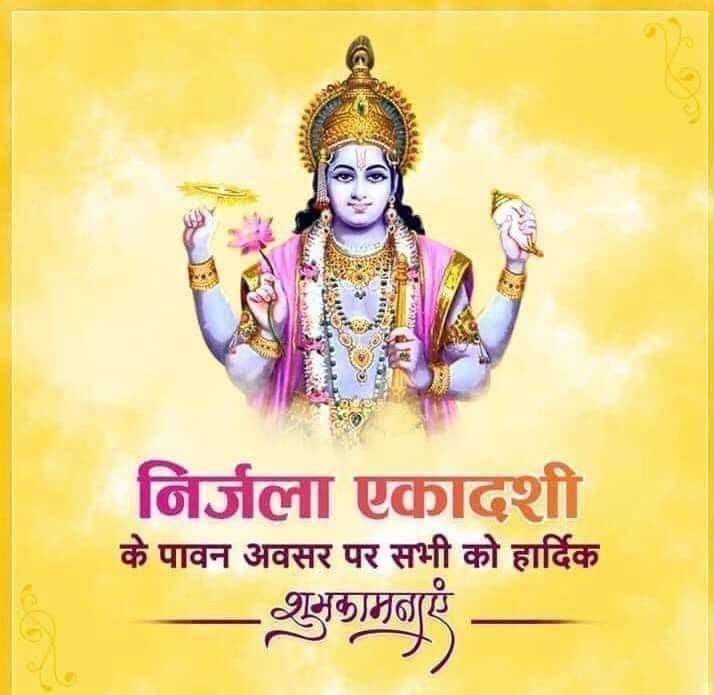


Rituals & Traditions of Nirjala Ekadashi
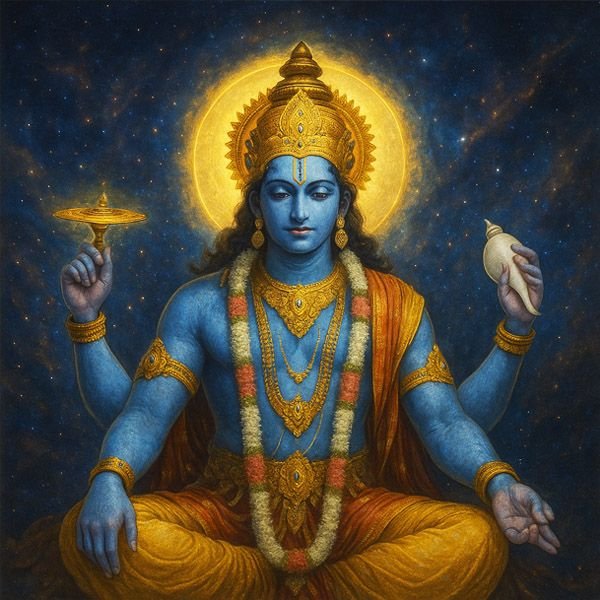
Nirjala Ekadashi, observed on the Shukla Paksha Ekadashi of the Jyeshtha month (May–June), is considered the strictest and most significant of all Ekadashi fasts in Hindu tradition. Unlike other Ekadashis where devotees may consume fruits, milk, or water, Nirjala Ekadashi requires complete abstinence from food and water for a full day and night, hence the name “nirjala,” meaning “without water.” Dedicated to Lord Vishnu, this vrat holds immense spiritual value, as it is believed to provide the combined merit of observing all twenty-four Ekadashis of the year. According to legend, Bhima, one of the Pandavas, who found it difficult to fast on each Ekadashi, was advised by sage Vyasa to observe just Nirjala Ekadashi with devotion, thereby attaining the fruit of all other Ekadashis. On this day, devotees engage in prayers, chanting of Vishnu Sahasranama, reading the Bhagavad Gita, and singing bhajans in praise of Lord Vishnu. Visiting temples and offering tulsi leaves, flowers, and incense to the deity are common practices. Charity also plays a vital role, as donating food, clothes, water, or shelter to the poor is considered highly meritorious. Though the fast is physically demanding, especially in the peak summer season, devotees observe it with deep faith, believing that Nirjala Ekadashi washes away sins, grants good health, prosperity, divine blessings, and ultimately, liberation from the cycle of birth and death.
Spiritual Importance & Cultural Significance
Nirjala Ekadashi, observed on the Shukla Paksha Ekadashi of the Jyeshtha month (May–June), is considered the most austere, powerful, and spiritually rewarding of all the twenty-four Ekadashis in the Hindu calendar. While most Ekadashis permit the intake of fruits, milk, or water, Nirjala Ekadashi requires complete abstinence from food and water for the entire day and night, which is why it is called “nirjala,” meaning “without water.” Dedicated to Lord Vishnu, this vrat is believed to bestow the combined spiritual merit of observing all the other Ekadashis of the year, making it especially significant for those unable to observe each fast individually. A popular legend associated with this vrat tells of Bhima, the Pandava prince, who loved food and found it difficult to fast on every Ekadashi; sage Vyasa advised him to observe Nirjala Ekadashi with full devotion, and by doing so, he received the blessings equal to following all Ekadashis. On this day, devotees engage in chanting Vishnu Sahasranama, reciting the Bhagavad Gita, listening to stories of Lord Vishnu, and offering tulsi leaves, lamps, and flowers to the deity. Visiting temples, performing yajnas, and singing bhajans are also common practices. Charity plays an equally important role, as donating food, water, clothes, or essentials to the poor is believed to multiply the blessings of the fast. Though it is physically demanding, especially in the scorching summer heat, devotees undertake it with deep faith, believing that Nirjala Ekadashi washes away sins, brings prosperity, ensures divine grace, and ultimately leads to liberation (moksha)
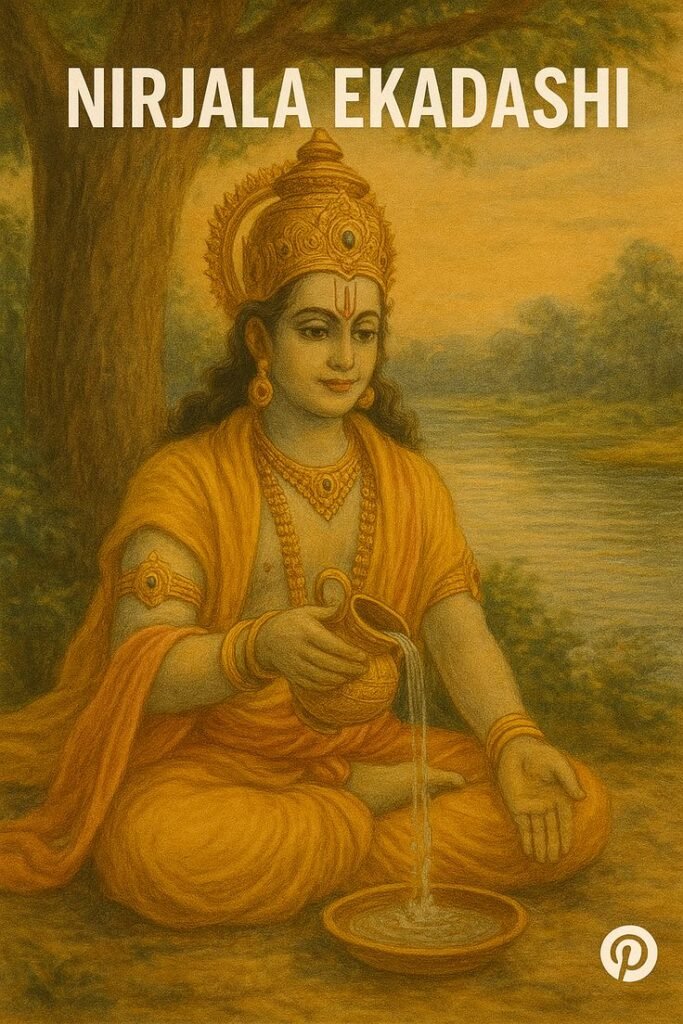

Food & Sweets & Modern Celebrations

Nirjala Ekadashi, observed on the Shukla Paksha Ekadashi of the Jyeshtha month (May–June), is regarded as the most austere, powerful, and spiritually rewarding of all the twenty-four Ekadashis in the Hindu calendar. While other Ekadashis allow devotees to consume fruits, milk, or water, Nirjala Ekadashi demands complete abstinence from both food and water for the entire day and night, hence the name “nirjala,” which means “without water.” Dedicated to Lord Vishnu, this vrat is believed to grant the combined spiritual merit of observing all the Ekadashis of the year, making it especially significant for those unable to fast regularly. A famous legend connected to this vrat is that of Bhima, the second Pandava, who was known for his strong appetite and found it difficult to fast on each Ekadashi. On sage Vyasa’s advice, he observed Nirjala Ekadashi with sincerity, and by doing so, he attained the benefits of all the other fasts together. On this sacred day, devotees engage in worship of Lord Vishnu by chanting his holy names, reciting the Bhagavad Gita or Vishnu Sahasranama, performing yajnas, and lighting lamps and incense in temples. Offering tulsi leaves, flowers, and prayers to Vishnu is considered especially auspicious. Charity is also an essential aspect, with devotees distributing water, food, clothes, or essentials to the poor and needy, as helping others is believed to multiply the blessings of this fast. Despite the physical challenge of abstaining from even water in the peak summer heat, Nirjala Ekadashi is observed with immense faith, as it is believed to destroy sins, grant good health, prosperity, and divine blessings, and ultimately lead the devotee toward moksha, or liberation from the cycle of birth and death.














